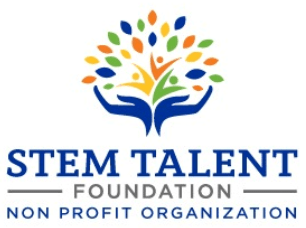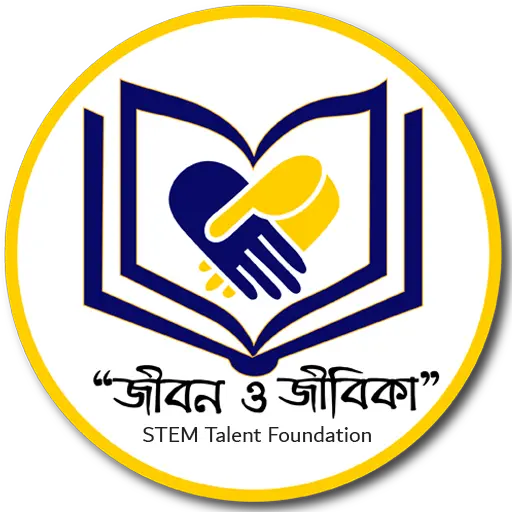Who Should attend
Our ESP32 course is suitable for a wide range of individuals who are interested in learning about microcontroller programming, electronics, and building connected projects. Here are some potential candidates who would beneft from attending our ESP32 course, if you are among them, then take this as an opportunity that can place you ahead of your peers.
- Students and Hobbyists: Those who have a passion for electronics, programming, and creating their own projects as a hobby would fnd an ESP32 course valuable. It’s a great way to learn about microcontroller-based development and explore various applications.
- Electronics Enthusiasts: Individuals who enjoy tinkering with hardware, building prototypes, and experimenting with diferent components would gain insights into using the ESP32’s features for their projects.
- Programmers and Developers: Programmers with a background in languages like C/C++ who want to expand their skill set into embedded programming and hardware interfacing can beneft from an ESP32 course. Learning how to control physical components adds a new dimension to their coding abilities.
- Engineers and Designers: Professionals in felds such as electrical engineering, computer engineering, or product design may want to familiarize themselves with the ESP32 for creating prototypes, designing connected devices, or integrating wireless connectivity into their products.
- IoT Enthusiasts: As the ESP32 is well-suited for Internet of Things (IoT) applications due to its Wi-Fi and Bluetooth capabilities, individuals interested in learning how to build IoT projects, connect devices to the internet, and collect and analyze data would fnd value in an ESP32 course.
- Makers and Prototypers: People who enjoy rapid prototyping, designing proof-of-concept models, and iterating on their ideas would fnd the ESP32’s versatility useful for quickly developing functional prototypes.
- Educators: Teachers and instructors who want to introduce their students to hands-on electronics and programming experiences can use this ESP32 course to provide practical learning opportunities.
- Entrepreneurs: Individuals aiming to create innovative products that require microcontroller functionality, wireless communication, and IoT capabilities can beneft from learning how to work with the ESP32.
- Embedded Systems Professionals: Those working in the feld of embedded systems development, frmware engineering, or related industries can enhance their skill set by understanding the features and capabilities of the ESP32.
- Anyone Curious about Microcontrollers: Even if someone doesn’t have a specifc background in programming or electronics, an ESP32 course can serve as a gentle introduction to the world of microcontrollers and ofer hands-on experience in building projects.
Minimum Eligibility Criteria
However, in general, the following are common minimum eligibility criteria for attending the ESP32 course:
- Basic Computer Skills
- Familiarity with Programming: Knowledge of programming languages like C or C++ will make it easier to grasp the concepts covered in the course.
- Electronics Basics: A basic understanding of electronics concepts such as voltage, current, resistors, and basic circuitry can be benefcial, especially for courses that involve hardware interfacing.
- Interest in Microcontrollers: Participants should have an interest in learning about microcontrollers, embedded systems, and potentially building projects involving hardware and software integration.
- Educational Background: Participants with Electronics / Computer Science / Basic Science with programming skills are welcome.
- Access to Hardware: Participants should have skills like working with Breadboard, Wirings through jumpers etc.
Course Syllabus
This is a comprehensive syllabus that covers a broad range of topics suitable for a beginner-to-intermediate level ESP32 course.
Total Course Duration: 32 Hours
Week 1: Introduction to ESP32 and Embedded Systems
- Overview of Embedded Systems and microcontrollers
- Introduction to the ESP32: features, capabilities, and variations
- Setting up the development environment (Arduino IDE or other tools)
- Blinking an LED: Your frst ESP32 project
Week 2: Programming Basics
- Introduction to C/C++ programming for microcontrollers
- Variables, data types, and operators
- Control structures: if statements, loops
- Functions and libraries
Week 3: ESP32 GPIOs and Digital Input/Output
- Understanding GPIO pins and pin modes
- Reading and writing digital signals
- Interfacing with buttons and switches
- Debouncing techniques
Week 4: Analog Input and Output
- Analog-to-digital conversion (ADC)
- Reading analog signals (e.g., potentiometers)
- Using pulse-width modulation (PWM) for analog output (e.g., LED dimming)
Week 5: Sensors and Peripheral Integration
- Introduction to sensors (temperature, humidity, etc.)
- I2C and SPI communication protocols
- Interfacing with sensors using libraries
- Building a simple sensor-based project
Week 6: Wireless Communication with ESP32
- Introduction to Wi-Fi and Bluetooth capabilities
- Exploring Wi-Fi with ESP32
- Bluetooth basics and device discovery
Week 7: Advanced GPIO Control and PWM
- Using timers for precise timing
- Advanced PWM techniques for smoother LED fading
- Generating custom waveforms with PWM
Week 8: Building Projects with Displays
- Introduction to display technologies (OLED)
- Interfacing with displays using libraries
- Creating a simple display project
Week 9: Data Persistence and Storage
- Storing data in non-volatile memory
- Using the EEPROM library
- Writing and reading data from Flash memory
Week 10: Interfacing with Motors and Actuators
- Introduction to motor types (DC, servo, stepper)
- Controlling motors with ESP32 GPIOs
- Building a motor-driven project
Week 11: IoT Basics and Cloud Integration
- Introduction to Internet of Things (IoT) concepts
- Sending and receiving data over Wi-Fi
- Cloud platforms for data storage and visualization
Week 12: Final Project and Troubleshooting
- Planning and executing a complete ESP32 project
- Troubleshooting common issues
- Presenting and sharing your project with the class




